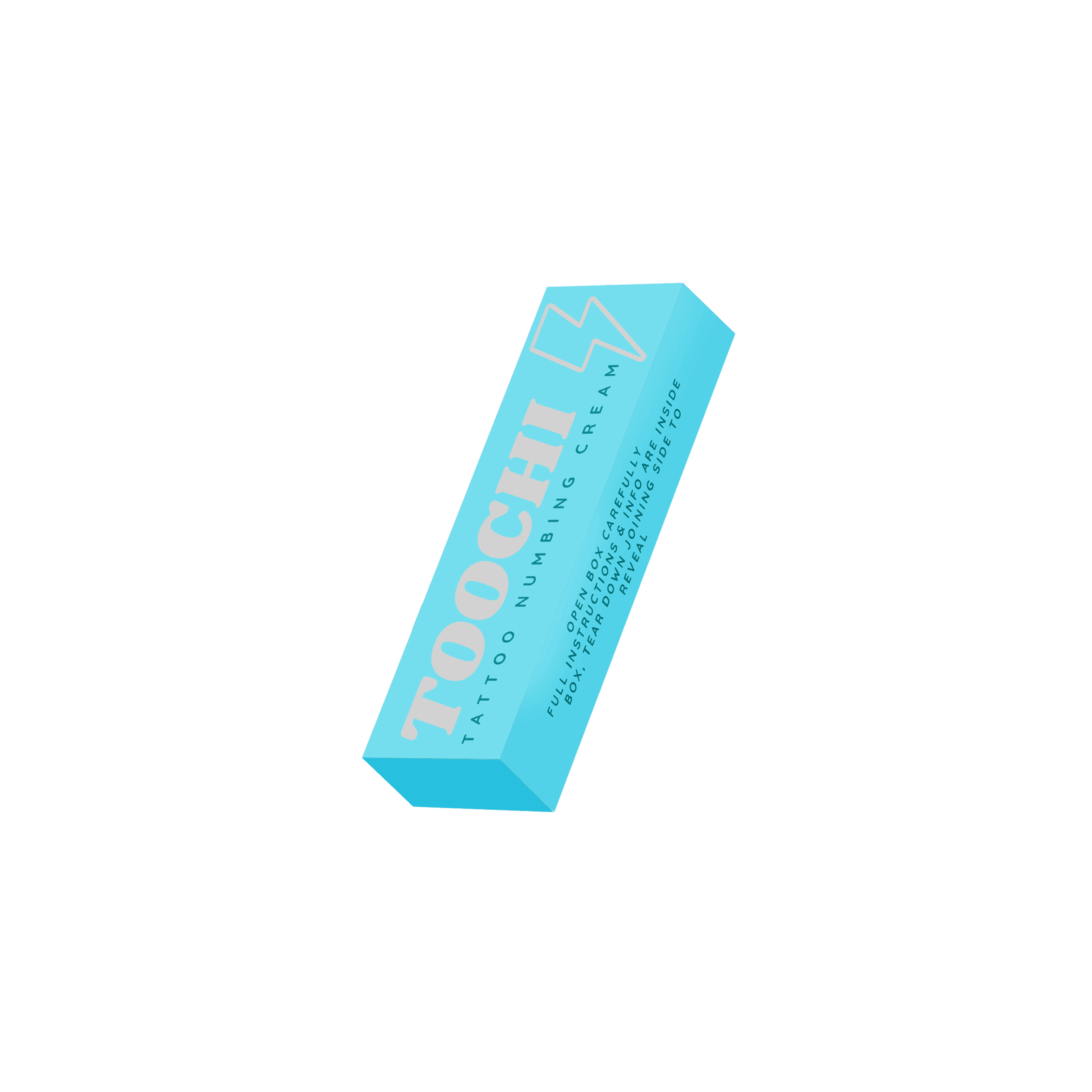Why don't they numb you before a tattoo?

Getting a tattoo can be a painful experience for some people, leading many to wonder why they aren't numbed before the procedure. In 2023, this is still a common question among those who are considering getting a tattoo. Let's explore the reasons why numbing before a tattoo may not be standard practice
-
Cost: Numbing creams can be expensive, and tattoo shops may not want to incur the additional cost of providing numbing cream for every client.
-
Personal Preference: Some people prefer to experience the full tattooing process without the use of numbing cream, as they believe it is part of the tattoo experience.
-
Skin Reactions: According to leading studies 0.01% of people may have an allergic reaction to some numbing creams, such as itching, redness, or swelling. These reactions are usually mild and temporary, but if they persist, it is best to consult a doctor.
Conclusion
In conclusion, the main reason that your tattoo artist does not numb your skin prior to tattooing is cost. If each artist was to numb each client it would be costly for the artist and the decision not to numb before a tattoo is often a personal one, based on the specific needs and preferences of each client and tattoo artist. While numbing the skin before a tattoo can have a lot of benefits, it can also have drawbacks and may not be the best option for everyone. It is important for clients to communicate their preferences to their tattoo artist and to follow their tattoo artist's instructions for aftercare to ensure the best possible results.
In 2023, the use of numbing cream is a great option for most tattoo lovers, but it is clear that it is not a standard practice in the tattoo industry. Clients should carefully consider the pros and cons of using numbing cream and make an informed decision based on their personal preferences and specific needs.




Comments